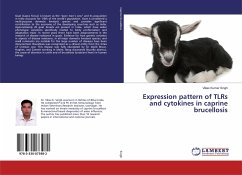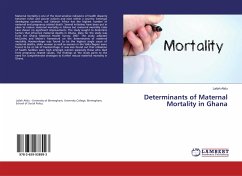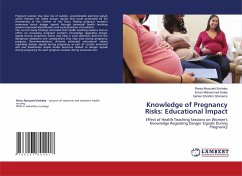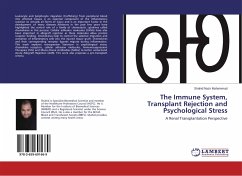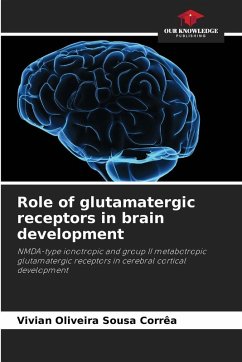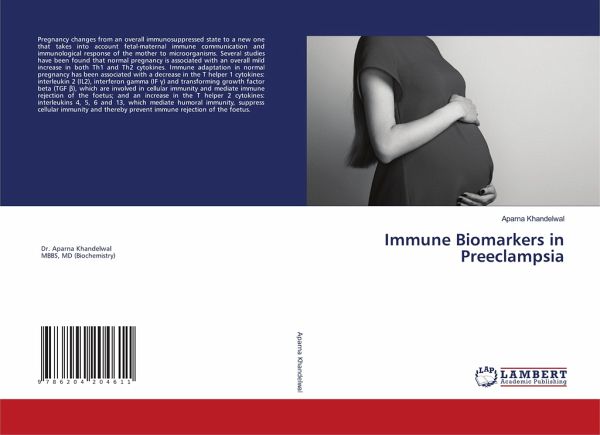
Immune Biomarkers in Preeclampsia
Versandkostenfrei!
Versandfertig in 6-10 Tagen
36,99 €
inkl. MwSt.

PAYBACK Punkte
18 °P sammeln!
Pregnancy changes from an overall immunosuppressed state to a new one that takes into account fetal-maternal immune communication and immunological response of the mother to microorganisms. Several studies have been found that normal pregnancy is associated with an overall mild increase in both Th1 and Th2 cytokines. Immune adaptation in normal pregnancy has been associated with a decrease in the T helper 1 cytokines: interleukin 2 (IL2), interferon gamma (IF Gamma) and transforming growth factor beta (TGF beta), which are involved in cellular immunity and mediate immune rejection of the foetu...
Pregnancy changes from an overall immunosuppressed state to a new one that takes into account fetal-maternal immune communication and immunological response of the mother to microorganisms. Several studies have been found that normal pregnancy is associated with an overall mild increase in both Th1 and Th2 cytokines. Immune adaptation in normal pregnancy has been associated with a decrease in the T helper 1 cytokines: interleukin 2 (IL2), interferon gamma (IF Gamma) and transforming growth factor beta (TGF beta), which are involved in cellular immunity and mediate immune rejection of the foetus; and an increase in the T helper 2 cytokines: interleukins 4, 5, 6 and 13, which mediate humoral immunity, suppress cellular immunity and thereby prevent immune rejection of the foetus.



